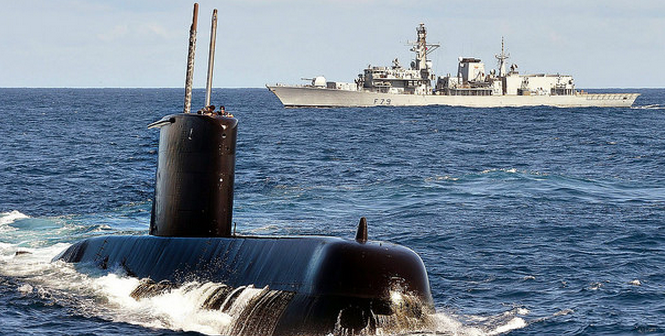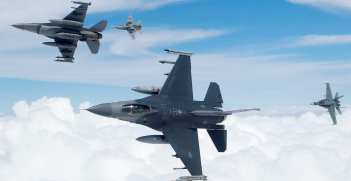Beyond Naval Interventions in Somali Piracy

Delegates from the Federal Government of Somalia, together with representatives from the semi-autonomous regions of Galmudug, Puntland and Somaliland came together in September 2013 to draw up the Somalia Maritime Resource and Security Strategy (SMRSS). The SMRSS presents a common maritime vision and goal to the international community, with due consideration to the different developmental stages of the regions. There is a need for all members of the international community that assisted in the development of this strategy to continue offering support for its implementation.
In June 2014 Somalia officially declared its Exclusive Economic Zone (EEZ), in accordance with the provisions of the United Nations Convention on the Law of the Sea (UNCLOS). This declaration gives Somalia internationally recognised authority over its offshore waters. It furthers requires that all fishing vessels wishing to operate in Somali waters must obtain a license from the Somali government. Additionally, in December 2014 the Federal Somali Fisheries Law was adopted. While these initiatives establish the legal basis for fisheries governance in Somali waters, it does not solve the problem of IUU fishing as the country still lacks the requisite capabilities to effectively carry out MCS activities in its maritime domain. Furthermore, Somalia lacks key technologies and institutional structures such as a Fisheries Monitoring Center, a Vessel Monitoring System or an Automatic Identification System (AIS). Finally, some of the fishing vessels do not call at Somali ports and thus cannot be inspected by local port inspectors. Somalia is being provided with some AIS data by its international partners, which allows it to identify and track the activities of some fishing vessels within its EEZ. However, an AIS alone is not an effective monitoring system: vessels can easily turn off their AIS transponder and some vessels are not equipped with the device. It is however hoped that with the recognition of its EEZ, Somalia can now be included in regional MCS efforts.
The need to build the capacity of the Somali coast guard and navy is imperative. The international navies presently patrolling the Somali coast could engage the national navy and coast guard in exercises to ensure support skills acquisition and experience sharing. The national navy and coast guard should also be included in regional naval exercises to enhance their capacities.
Somalia through its membership of the International Monitoring Control and Surveillance Network receives training for its MCS officials on how to improve their effectiveness and enhance their skills as they combat IUU. The Somali Fisheries Working Group has also been supporting the development of local skills in fisheries management, especially in MCS functions. The working group is also expected to assist the Federal government in establishing a Somali Federal Fisheries Authority and a Fisheries Monitoring and Control Centre.
The success of regional counter-piracy efforts, unfortunately, is no guarantee against the future resurgence of piracy activities. The most effective solution to piracy in the Gulf of Aden is to support the political and socio-economic development of Somalia. Until this is achieved, there is an urgent need for international efforts to go beyond traditional maritime security concerns to include issues such as environmental and fisheries crime.
Joana Ama Osei-Tutu is the SAIIA 2015 GARN Visiting Fellow with SAIIA’s Governance of Africa’s Resources Programme. This article was originally published in the South African Institute of International Affairs on 27 September 2015. It is republished with permission.





